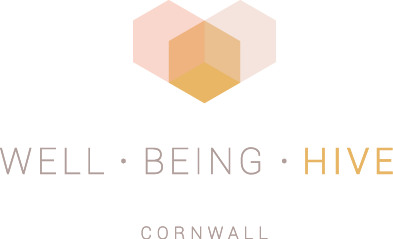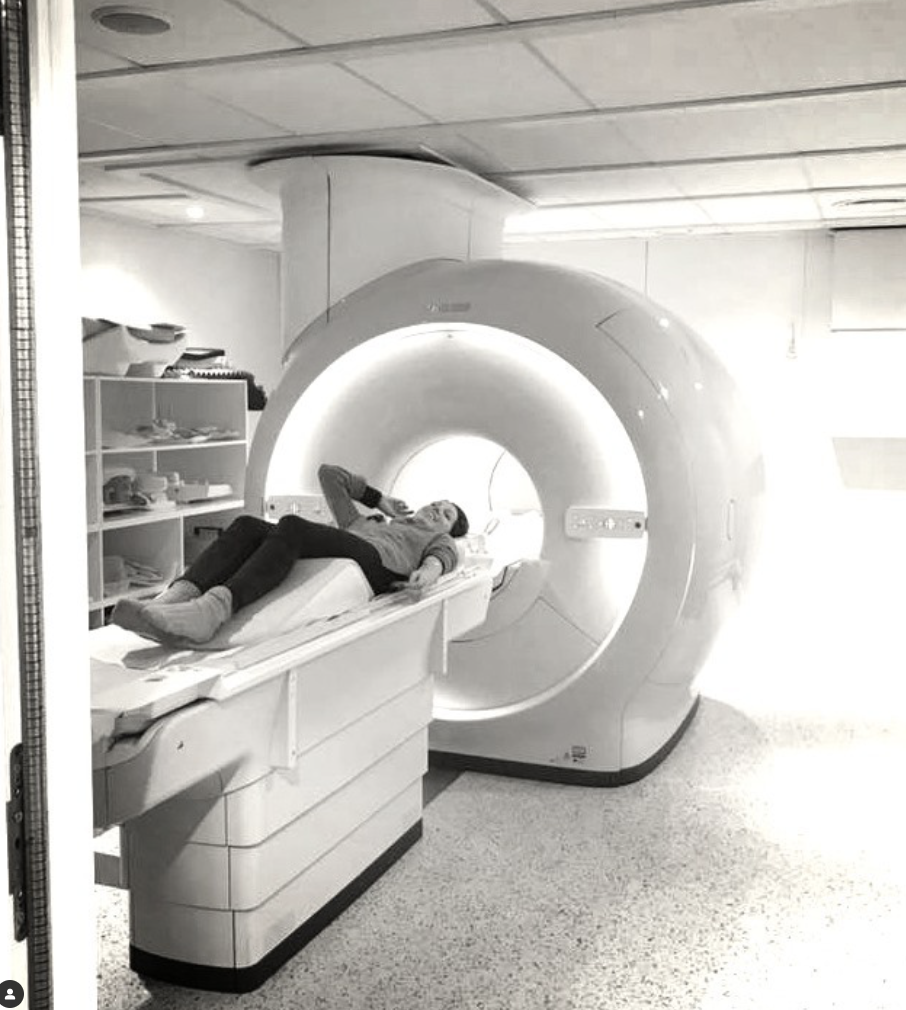food for the brain
Brain tumour survivor, Freyja Hanstein, turned a chapter of tragedy in her life into an opportunity of positivity. This story begins in her mid-twenties, following falling deeply in love with her late husband whilst on the adventure of her dreams in Indonesia.
This came to an abrupt halt, when he was diagnosed with a rare and devastating cancer. Throughout this time they researched and practised everything they could find to enhance their life together until the end.
Just a year later, Freyja herself was diagnosed with a grade III/IV brain tumour, facing life changing treatment to open the door to recovery.
Ten years on Freyja is still rebuilding her brain health and is affected by loss of memory and the ability to simply pull sentences together, the world a wash with confusion at times. But in her own words, "it's time to practise what I preach."
"it's time to practise what I preach."
To share her dedicated research into how your diet can enhance your physical and mental health, the Wholesome World Health & Wellness app was born.
This isn't just a recipe app or cookbook, it's a bible of insight, resources and information to enhance your overall health but also support treatment of chronic illness such as cancer.
Here, Freyja has gifted our community an excerpt of the book surrounding 'Food for the Brain.' Outlining how nutrition can have a positive effect on your physical and mental health, plus her favourite recipes to get you started…
Wholesome World Health & Wellness App and Publication
Extracted from the Wholesome World Cookbook & Life by Freyja Hanstein
FOOD FOR THE BRAIN
“All disease begins in the gut”
- Hippocrates -
One of the aspects I found really interesting was how you can support your brain through nutrition...
Not many of us think about the importance of good nutrition on our brains, and yet the brain and the gut communicate continuously. In fact the gut is often referred to as the second brain. Chemicals, known as neurotransmitters, are made in the gut and communicate with the brain via the vagus nerve.
Image sourced from the Wholesome World Cookbook & Life
Serotonin, known as the ‘happy hormone’ is one such neurotransmitter but there are many which can have a profound effect on our mood and wellbeing.
The gut microbiome is key to brain health, too as it also influences communication between the gut and the brain. In fact it works both ways as the brain can equally influence the health of the microbiome. This is why stress can be so detrimental to the gut.
To feed our microbiome and keep it healthy we need to eat a varied diet, rich in plant fibre, fermented foods (such as yoghurt, miso, sauerkraut), healthy fats and reduce unhealthy sugars and starches which feed our ‘nonbeneficial’ microbiota.
With the emphasis on health now being so geared towards maintaining a healthy microbiome, it is no wonder we are all being encouraged to eat fermented foods.
Sauerkraut is the number one in fermented foods but you do not gain the same levels of beneficial bacteria in shop bought products, so making it is the answer. Once you get into the habit of making it, it becomes very easy.
Try the Wholesome World Sauerkraut Recipe for a quick way to gain those good-bacteria benefits.
The health of the microbiome and the gut is also key to a healthy immune system as 70% of our immune system is housed in the gut.
“The health of the microbiome and the gut is also key to a healthy immune system as 70% of our immune system is housed in the gut.”
The brain weighs just 1.5kg but utilises around 25% of the body’s energy. The type of fuel the brain uses can be key to its performance. The brain is extremely glucose hungry but large amounts or unregulated amounts can have detrimental, toxic effects. Therefore, eating foods that maintain a healthy blood sugar balance is very important.
This means not only avoiding refined carbohydrates which raise our blood sugar levels significantly but keeping the amount of carbohydrate we eat in check. Refined carbohydrate-rich meals, such as those with white pasta, rice, bread and cereals are not good for the brain, due to the rapid release of a large amount of glucose into the bloodstream. Add in healthy fats, such as organic butter, olive or nut oils and protein to offset the effects, have small portions of carbohydrates, and skip a sugary dessert to maintain glucose balance.
One of the simplest ways to hit these notes daily, is by starting it with my Wholesome Crunchy Granola.
This is the perfect gluten and dairy free, homemade recipe to kick start your health journey. You can make it in bulk and store it for weeks. It’s full of nutty nutrition and a delicious healthy snack throughout the day.
Nuts are rich in heart-healthy polyunsaturated fats and monounsaturated fats, which lower “bad” cholesterol; this will ultimately affect your arteries, which have a very important job of carrying blood to your heart. If that job is made harder, the chances of a heart attack rapidly increase.
Brain neurones movement
Heathy fats such as Omega 3, 6 and 9 are vital for the body and particularly the functioning of the brain which is made of around 60% fat. These fats are found in oily fish, nuts, seeds, green veg, oils, grass fed meat and dairy.
Omega 9 is mainly found in Olive Oil, but can be produced in the body, making it 'non essential'.
Omega 3 and 6 are essential fatty acids (ESF) as we cannot make them in our bodies. They are known to have opposite effects; omega-6s are pro-inflammatory, while omega-3s are anti-inflammatory(1), for which the speed of new age diet change over the last century has weighted the intake of the Omega 6 through processed food.
Fish is often referred to as brain food, especially salmon as it contains the fat omega 3. It is recommended that we eat fish 2-3 times a week.
It provides good quality protein and high levels of vitamins and minerals, particularly vitamin B12 and iodine. Iodine is especially important for those who have had breast cancer and is a mineral which is lacking in many plant foods nowadays due to depletion in the soil. Salmon is a very good source of omega 3.
My Fish Chowder is the ultimate comfort food and extremely tasty, the perfect balance of smokiness and texture from chunky potatoes and flakey haddock.
Ketogenic Diet
A low carb, high fat way of eating which switches the fuel in the body from glucose to ketones.
Research into the ketogenic diet which is a low carb, high fat diet has particularly looked at the effects on the brain and those with brain tumours.
Biochemical research that has been done is very positive. As yet we do not have sufficient evidence for the ‘keto’ diet to recommend this way of eating but there are enough studies and patient experience data to show that reducing carbs,(2) managing blood sugar levels and potentially switching the body’s fuel source to fats can greatly increase some people’s energy levels and cognitive clarity. It is also being effectively used in many weight management programmes.
Food is not all about providing energy, it has also been shown to have an effect on neuroplasticity. This is the ability of the brain to change and reorganise its response to injury and our learning experiences. Knowledge in this area is gaining momentum and this should be influencing our dietary behaviour, as neurological disease is becoming an epidemic of the 21st century.
FIND OUT MORE…
FOLLOW: Find Wholesome World on Instagram, Facebook and LinkedIn to learn more about enhancing your physical and mental health.
RESOURCE: Download the Wholesome World health & wellness app with a 14-day free trial period, or buy the Wholesome World Cookbook & Life.
EXPERIENCE: Sign up to the Wholesome World newslsetter to stay in the loop on events in Cornwall and London.











